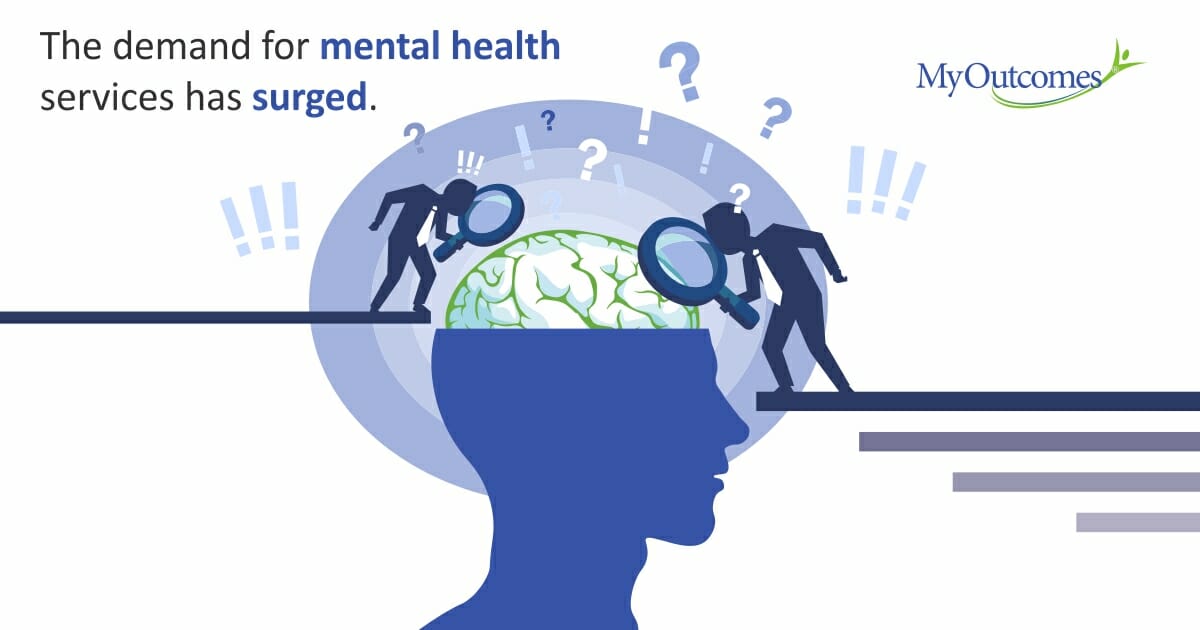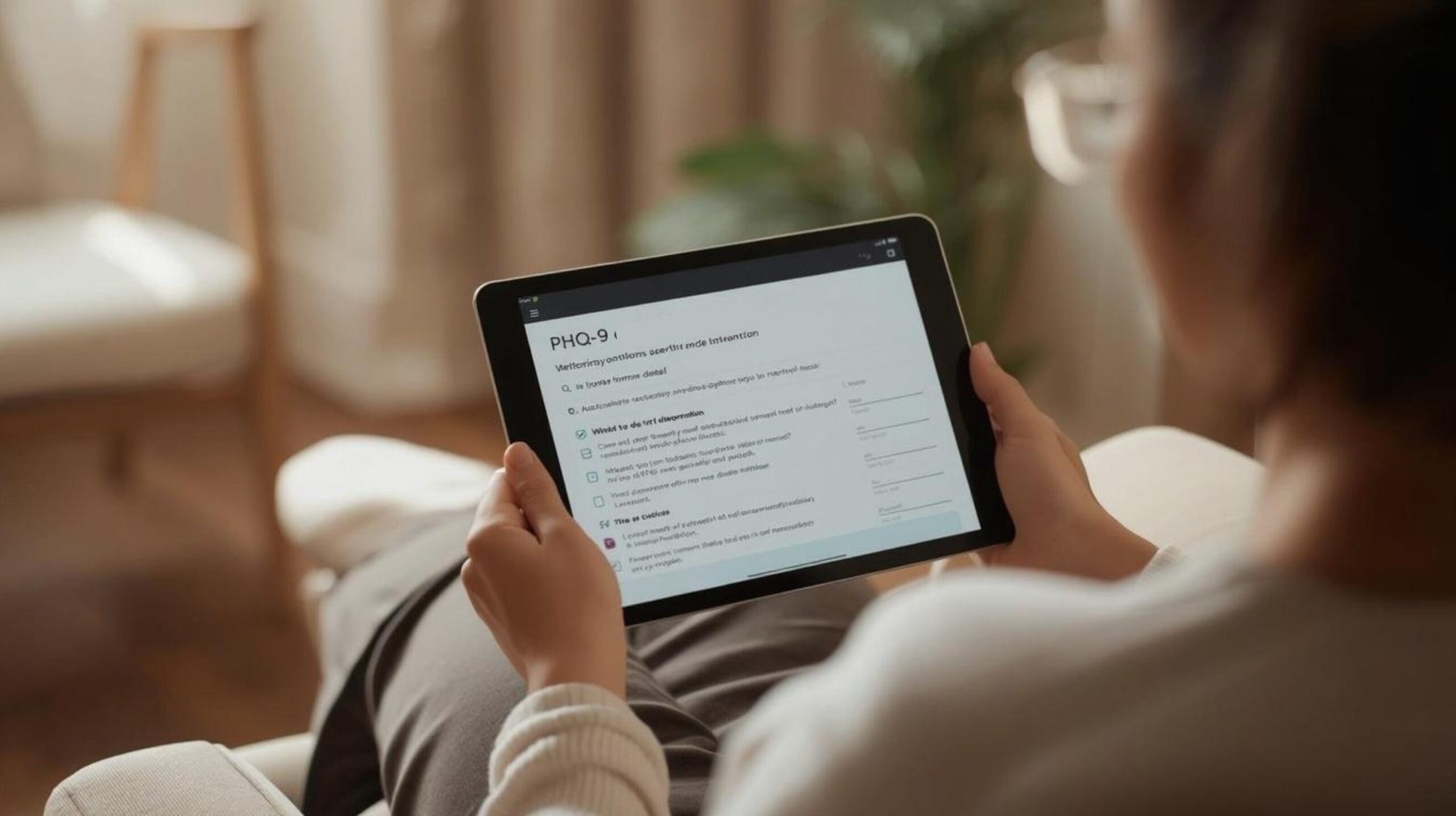Are you weary of investing many hours in your client’s treatment and therapy without seeing any real results? Are you truly attending to your client’s needs, listening to them and comprehending their needs? Fortunately, the outcome rating scale (ORS) exists to ease therapy-related problems. And trust me, using outcome rating scales can be a game-changer in your practice.
What is outcome rating scale (ORS)
In simple words, the outcome rating scale is essentially a tool that assesses a client’s development and satisfaction over the course of therapy. Outcome rating scales (ORS) are brief, standardized measures designed to track changes in a client’s progress and functioning over time. ORS can be used to assess the therapeutic alliance between you and your client. These scales typically consist of a small set of questions that clients answer at each therapy session. The therapist then scores the client’s responses and tracks progress over time. The ORS gives clinicians session-by-session feedback on their clients’ perceptions of the progress being made towards their therapeutic objectives.
The ORS is a four-item visual analogue survey which was created as a quick replacement of the Outcome Questionnaire (OQ) 45. The specific items on the ORS were adapted from these three domains: Individual, relational, and social functioning of a client. A successful treatment outcome is usually believed to be indicated by changes in these three areas.
The three aforementioned categories serve as the “bones” of the human experience, to which clients might contribute “flesh” throughout the therapeutic dialogue. A quarrel with a spouse or worrying about a sick parent, for example, could be represented by the interpersonal scale. The measure takes on the form and specifics of the client’s particular life experience by them later sharing their story.
The client can use the ORS to interpret the result and identify what it means for them personally. Because it is not a list of symptoms or issues, the ORS is different from other approved tools. Instead, it is a tool clinicians can use to customize each client’s treatment plan to reflect his or her experiences and needs.
Let’s talk about the benefits of using outcome rating scale in psychotherapy.
There are numerous advantages to using an outcome rating scale for both you and your client. It first makes sure that your therapeutic objectives are shared by the two of you. Together, you can monitor your progress to determine whether you’re making progress or whether your treatment plan needs to be modified.
An outcome rating scale might also make the client feel more invested and engaged in the therapy. It may be extremely encouraging and powerful to see tangible proof of progress. Furthermore, continuously tracking client development and adjusting as necessary will help clients have more faith in the treatment plan.
MyOutcomes is here to help to add ORS in your therapy
MyOutcomes is an online platform that provides a simple way to monitor the progress of the clients over time, while offering a number of articles and resources on the advantages of adopting ORS in psychotherapy, such as strengthening therapist accountability, facilitating client participation, and improving treatment outcomes.
MyOutcomes also provides helpful pointers and direction on how to apply ORS in clinical practice, including instructions on how to pick suitable measurements, interpret results, and incorporate feedback into the therapeutic process
Contact MyOutcomes now to learn more about the benefits of using outcome rating scale (ORS) in psychotherapy.




